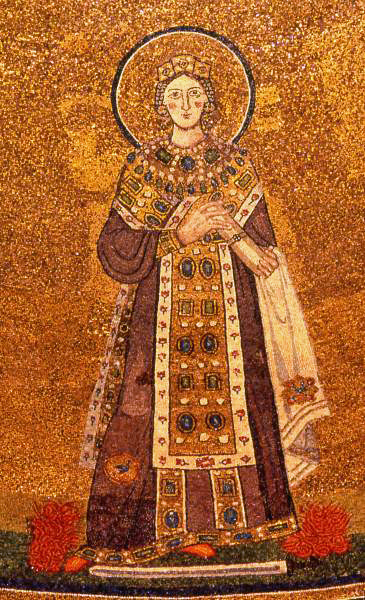Homily of Fr. Paul Panaretos, S.J.
A King’s Opposite
Until Lent begins we’ll move through the First Book of Samuel and into the Second at daily masses. Only two feasts and one memorial with their own readings will intervene. Our focus in the main will be on the beginning of the era of the kings of Israel. As we move through this phase of the history of God’s people, remember what I recalled last week:
Scriptures tell the story of people rejecting God and God’s desire, of which God never relents, to restore right relationships of people with God and with other people.We heard last week that the elders of the people demanded a king to judge them, like all the people around the Israelites. Why? The more they settled, the more they esteemed the values and ways of others, even more than those of God, who had liberated them from slavery in Egypt and formed them into a people. Scriptures recorded and interpreted what happened according to the memory of God, which their prophets and holy ones lived, and through them, kept alive for future generations.
 People variously demonstrate their reliance on self rather than on God. Not entrusting themselves completely but withholding is one way. Attending and responding to God, describes religious obedience; another word is loyalty. Possessions clutched as if they were totally one’s property instead of held loosely and freely in trust frequently describe one’s reluctance to rely on God. In the narrative about Saul, the first king, taking ransom rejected God, even though Saul’s men sacrificed to God what they had confiscated. This helps us appreciate Samuel's words to Saul:
People variously demonstrate their reliance on self rather than on God. Not entrusting themselves completely but withholding is one way. Attending and responding to God, describes religious obedience; another word is loyalty. Possessions clutched as if they were totally one’s property instead of held loosely and freely in trust frequently describe one’s reluctance to rely on God. In the narrative about Saul, the first king, taking ransom rejected God, even though Saul’s men sacrificed to God what they had confiscated. This helps us appreciate Samuel's words to Saul:“Obedience is better than sacrifice,God sought a ruler after God’s own heart, to use the words of Samuel. This would be David, who would be the ruler all Israel would extol, never forgetting his shortcomings but remembering God’s mercy to him. David would be the ancestor of Jesus, the Son of David.
and submission than the fat of rams.
For a sin like divination is rebellion,
and presumption is the crime of idolatry.
Because you have rejected the command of the Lord,
he, too, has rejected you as ruler.”
The saint the church remembers today was Saul’s opposite number. St. Agnes demonstrated a freedom with her life that caused awe in all who saw her put death. She wanted to be married to no one but her Messiah Jesus. This in the 3d century of the church when a father had power over all his children, and “at the age of twelve... not of legal age,” St. Ambrose reminded us./1/ Her gender and her youth did not permit her to give testimony, her faith testified to the most real, her faithful love of her risen Savior. Hers was a wholehearted acceptance, contrasting with a rejection of God in Jesus. St. Agnes inspires us to love Jesus more.
________________
/1/ From his description of the martyrdom of St. Agnes, found in the Liturgy of the Hours at the end of the Office of Readings this day.
_____________________________________________
Wiki-image of St. Agnes from the Roman basilica of St. Agnes is licensed under Creative Commons Attribution ShareAlike 2.0.
No comments:
Post a Comment